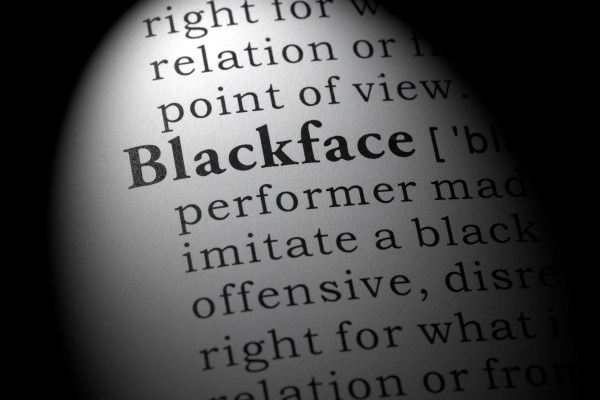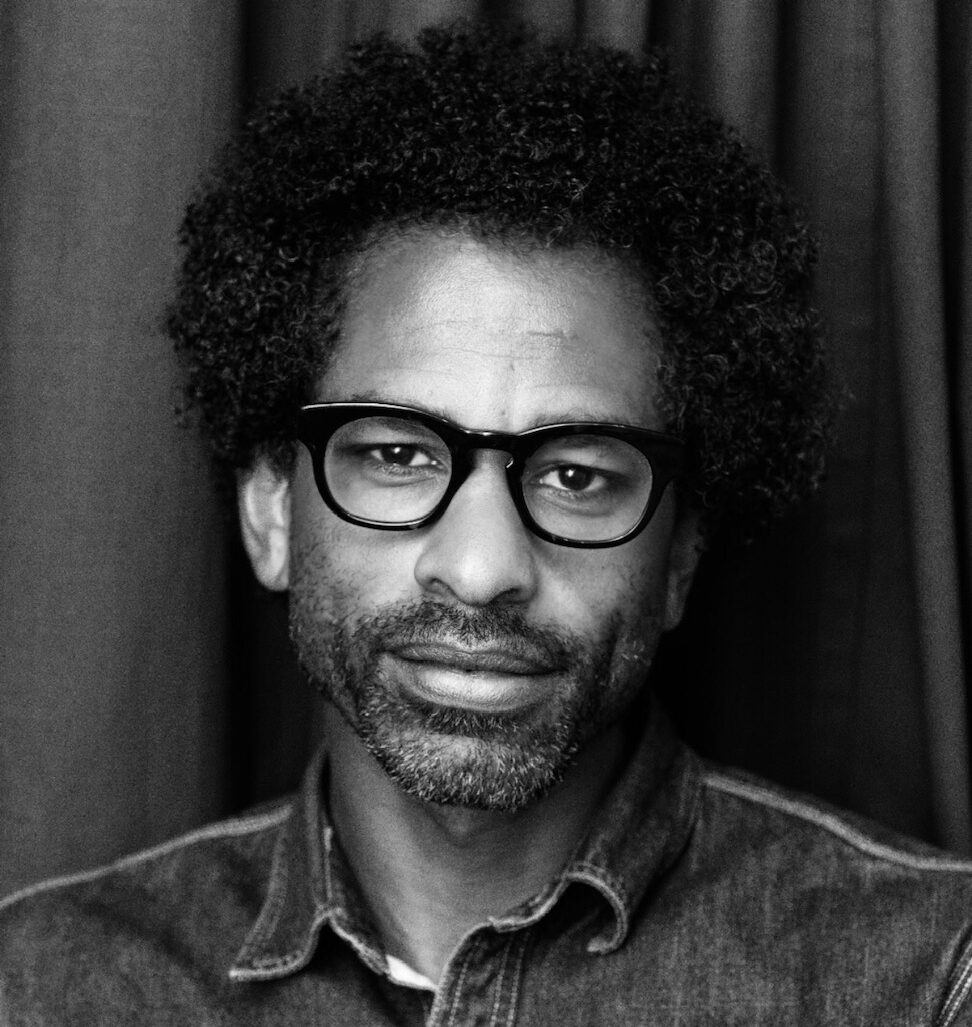Dear white people, Please no blackface this Halloween
OPINION: Why do we have to talk about this every year? The post Dear white people, Please no blackface this Halloween appeared first on TheGrio.

OPINION: Blackness is not a costume. Why do we have to talk about this every year?
Editor’s note: The following article is an op-ed, and the views expressed are the author’s own. Read more opinions on theGrio.
Dear white people, this Halloween, for once, do not do blackface. For the love of Black baby Jesus, please. Pretty please with reparations on top. I’m talking to all of you. This includes you Juliana Hough and Claudia Schiffer and definitely you Justin Trudeau. I feel like we touch base on this every year, and yet, every single year, some of you do it and get canceled and start crying about how you didn’t get the memo that darkening your skin in order to evoke a Black person was a bad, offensive thing. I can’t truly believe that anyone in America didn’t get that memo, but a lot of you are actively resistant to the truth —see the all-out war against critical race theory — so maybe this will feel like your first warning. Don’t do blackface. Not even a little bit.
One of the many problems with blackface is that it signals that you think Blackness is a costume. It’s something one can dip in and out of. That’s dehumanizing. If your goal is to portray a non-specific Black person, as in, “I’m a Black guy that’s why I have dark skin, an afro and a basketball,” or “I’m a prisoner, that’s why I have an orange jumpsuit and dark skin,” yeah, that’s always going to offend. Even if it’s “I’m a famous singer and…” Whenever I see those sorts of costumes, I feel deeply unseen. Like, you glanced at Black culture and spat back a bunch of stereotypes. White people’s Blackness Halloween costumes generally reveal that you see us as a joke.
If, for Halloween, you want to be a specific Black person, say, Beyoncé or Tiger Woods or Kobe Bryant, that’s OK, but you need to communicate that without changing your skin. That’s non-negotiable. See, when you darken your skin, you take us back to white performers in the 1800s and early 1900s who would smear black tar on their faces to perform horrible caricatures of Black people. To add insult to injury, Black performers eventually had to blacken up too in order to work because that’s what audiences wanted. So we had Black entertainers doing caricatures of the caricature of Blackness that white people did. It’s gross, but that sort of work was a great help to white supremacy by helping convince people that Blacks were less intelligent, less valuable and less human. They were there to be laughed at or looked down on. When you darken your skin, you bring back all of that terrible history. Like I can feel minstrelsy enter the room with you.
If you are not onstage then Blackness is not a tool you can use to get attention. I say “if you are not onstage” because I think there’s a big difference between wearing blackface to a Halloween party and wearing it on TV or in a movie. Generally, we conflate the two in these conversations about blackface, but we shouldn’t. Jack or Jill walking into a Halloween party in blackface is offensive and unacceptable. But an actor, a writer and a director can make someone in blackface into a memorable conversation about blackface, race and identity. In the minstrel era, they used blackface as part of communicating that Black people were lesser but modern art that employs blackface as part of communicating that being racist is bad is a wholly different beast.
On Tina Fey’s brilliant sitcom “30 Rock,” they had a character appear in blackface in order to mock that character. The character had a reputation for being dumb, and it was clear from the context of the show that it believed her wearing blackface to be a bad, racist choice. On the show, she was pilloried in a way that made her look ridiculous. That said, many people were offended and those episodes have been taken off streaming services, but I understood what Fey and her team were going for.
For me, when using blackface in art, I want to see that the film or the show is self-aware. To have a white actor walk onstage and portray a Black character via paint is offensive, but if the film or the show makes it clear that the character in blackface is being offensive that’s a different conversation. Art can show us racism without the art itself being racist. This is where we get into “Tropic Thunder.” Some of you might want to buckle up. In Ben Stiller’s 2008 satirical comedy, Robert Downey Jr. plays a white actor who is a method actor, which means he’s supposed to do everything he can to live like the character while playing him. So when he gets a role where he’s playing a Black person, he decides to get some pigmentation surgery that gives him dark skin. The point of the character is not to make a statement about Black people, but rather a statement about white people. The people in the film are aware that he’s doing something ridiculous and the film itself is aware of that, too — it’s about how Hollywood is bizarre and actors take themselves too seriously. He’s a central part of that point. To me, seeing Downey’s character in blackface is not offensive; it’s a powerful joke about actors who would put on blackface.
Of course, if you’re not an actor and you watch “Tropic Thunder” and you think it’s OK to put on blackface, then you’re an idiot.

Touré is a host and Creative Director at theGrio. He is the host of Masters of the Game on theGrioTV. He is also the host and creator of the docuseries podcast “Being Black: The ’80s” and the animated show “Star Stories with Toure” which you can find at TheGrio.com/starstories. He is also the host of the podcast “Toure Show” and the podcast docuseries “Who Was Prince?” He is the author of eight books including the Prince biography Nothing Compares 2 U and the ebook The Ivy League Counterfeiter.
TheGrio is FREE on your TV via Apple TV, Amazon Fire, Roku, and Android TV. Please download theGrio mobile apps today!
The post Dear white people, Please no blackface this Halloween appeared first on TheGrio.








![Beyoncé Fan Shares He Attended Concert After Friend Died on Way to Show: ‘What Beyonce Would Have Liked’ [Video]](https://www.lovebscott.com/wp-content/uploads/2025/06/08cf8e14dcb54a13963416aa05bec0f8_md.jpg.webp)



